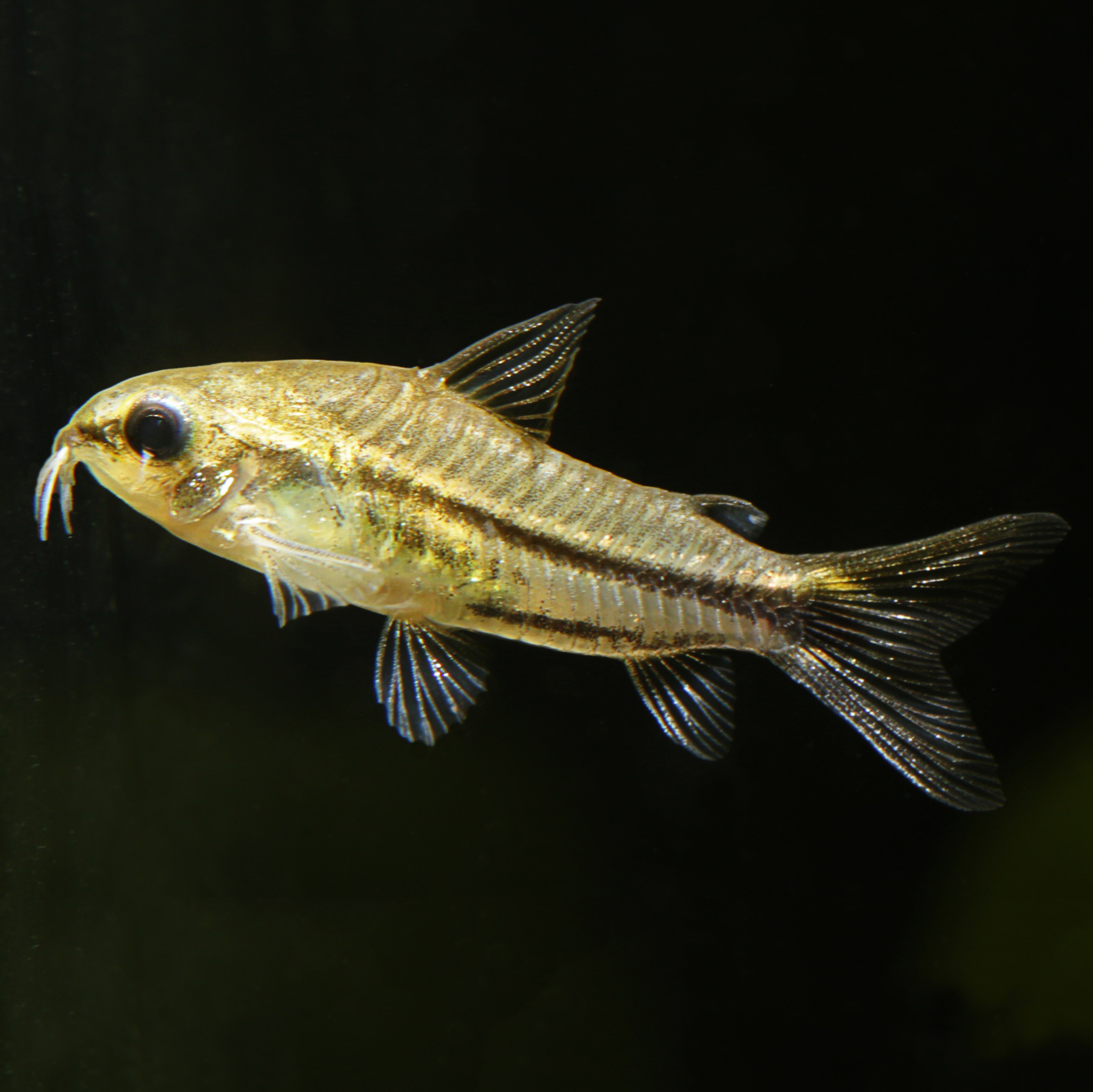Pygmy Corydoras
Corydoras pygmaeus
Corydoras pygmaeus is one of the smallest Corydoras species with a maximum length of 3cm.
- one of the smallest Corydoras species
- cute looking
- only grows to 2-3cm long
1 in stock
 Delivery in a few working days
Delivery in a few working days
 Free shipping from €60 across Austria
Free shipping from €60 across Austria





Important data
Product description & details
The Pygmy Corydoras is originally from South America, where it inhabits the rivers of the Rio-Madeira Basin. The animal’s colors vary from copper, black, greenish to silvery and the side of the body is decorated with a dark, horizontal stripe. With a maximum length of 3 cm, it is one of the smallest Corydoras species. In contrast to many other Corydoras, the Pygmy Corydoras does not stay exclusively on the bottom, but often likes to swim freely in the water.
Care in the aquarium
When equipping the aquarium, you should ensure that the bottom is fine sandy or soft and does not have sharp edges, as the catfish likes to dig in the ground and otherwise there is a risk of injury. Shelters made from caves or roots as well as dense vegetation are important for the animal’s well-being. As a sociable group fish, the Pygmy Corydoras wants to be kept in a group of at least 8-10 members of its species. It is also possible to socialize this extremely peaceful cory catfish with other peaceful and rather small species, such as tetras. Soft to medium-hard water with a temperature between 22 and 27°C is optimal for this fish; the water should also be clean and as rich in oxygen as possible. Since Corydoras pygmaeus can react somewhat sensitively to suboptimal water values, it is classified as medium difficult to keep.
Feeding
In its natural habitat, this omnivore feeds mainly on algae, zooplankton and small crustaceans as well as organic remains. A varied feeding with live, frozen, dry food and plant-based food is therefore optimal.
Sexual characteristics and breeding
The sexes can be distinguished in larger individuals of the Pygmy Corydoras based on size and body structure. Females are significantly larger and broader than males. If you want to breed these Corydoras, it can be helpful to reduce the water temperature and then increase it again after a while to stimulate the willingness to spawn. Since these are sticky spawners, the eggs are spawned on plants, stones or other objects and fertilized by the male. After hatching and after the yolk sac has been used up – around 7-9 days – the babies can be fed the smallest food such as copepods, newly hatched artemia nauplii or very small dry food.





